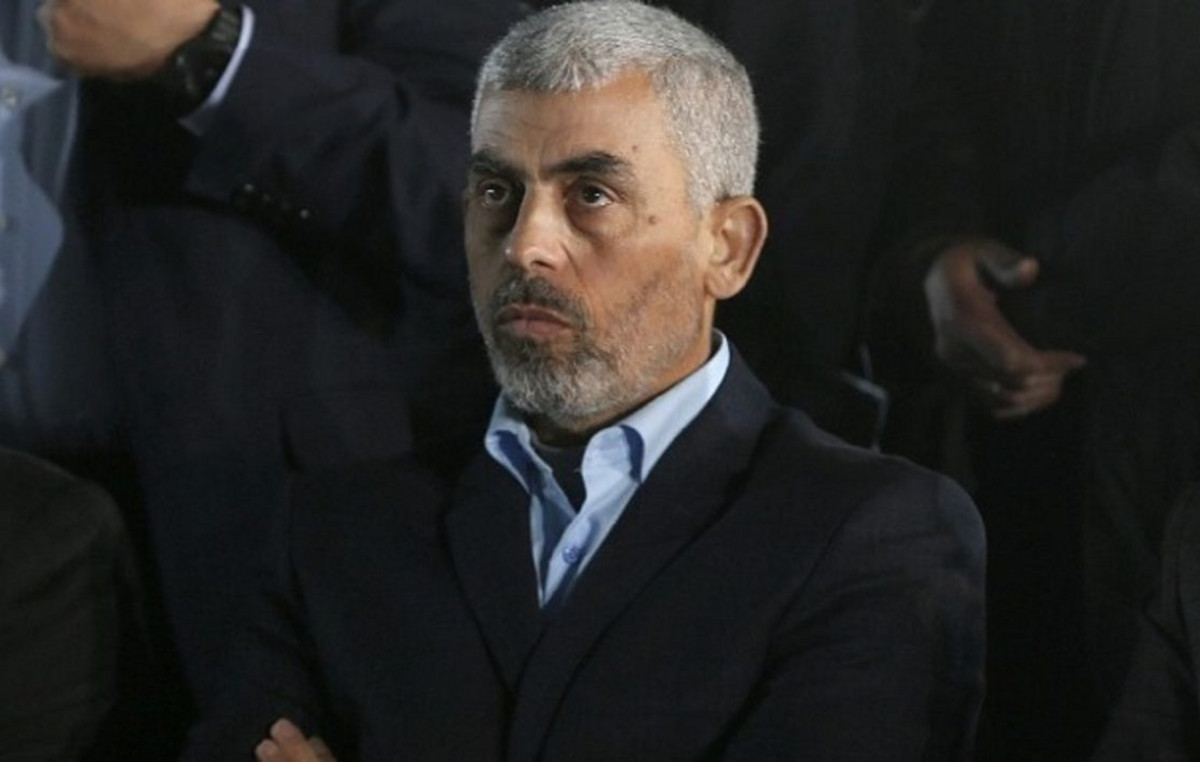The financial market has worsened the projection for the government’s primary result in 2023, amid negotiations to increase spending next year and uncertainties about the future of the country’s fiscal framework, showed a Prisma Fiscal report released this Monday (12). ) by the Ministry of Economy.
According to the document, which captures forecasts by market agents for public accounts, the median of expectations for the primary result of the central government in 2023 was a deficit of BRL 116.2 billion, against a negative balance of BRL 93, 0 billion projected in November.
The movement is the result of a moderate growth in the projection of net government revenues, from BRL 1.873 trillion to BRL 1.877 trillion, while there would be a strong increase in total expenses, from BRL 1.949 trillion to BRL 1.988 trillion.
For this year, data for the central government continues on a positive path, with an expectation of a surplus of R$ 63.9 billion, against a positive balance of R$ 59.3 billion estimated in the previous survey. If confirmed, it will be the first black result in nine years for the central government, which brings together National Treasury, Social Security and Central Bank accounts.
Analysts consulted by the portfolio reduced the forecast for the general government’s gross debt in 2022 to 75.60% of the Gross Domestic Product (GDP), compared to 77.28% in the November survey. For 2023, the estimate is 80.50%, against 80.78% in the previous survey.
There is still no clarity on the country’s fiscal framework in 2023. Next year’s Budget was sent to Congress by the government with a forecast of a shortfall of R$ 63.7 billion, a figure that does not incorporate promises made by President-elect Luiz Inácio Lula da Silva, such as the Auxílio Brasil at a high level, which was originally valid until December.
The elected government is negotiating with Congress the approval of a PEC to increase spending next year and release other disbursements from ministries. The text approved in the Senate, which will still be evaluated by the Chamber, increases the spending ceiling by R$ 145 billion.
Source: CNN Brasil
A journalist with over 7 years of experience in the news industry, currently working at World Stock Market as an author for the Entertainment section and also contributing to the Economics or finance section on a part-time basis. Has a passion for Entertainment and fashion topics, and has put in a lot of research and effort to provide accurate information to readers.







